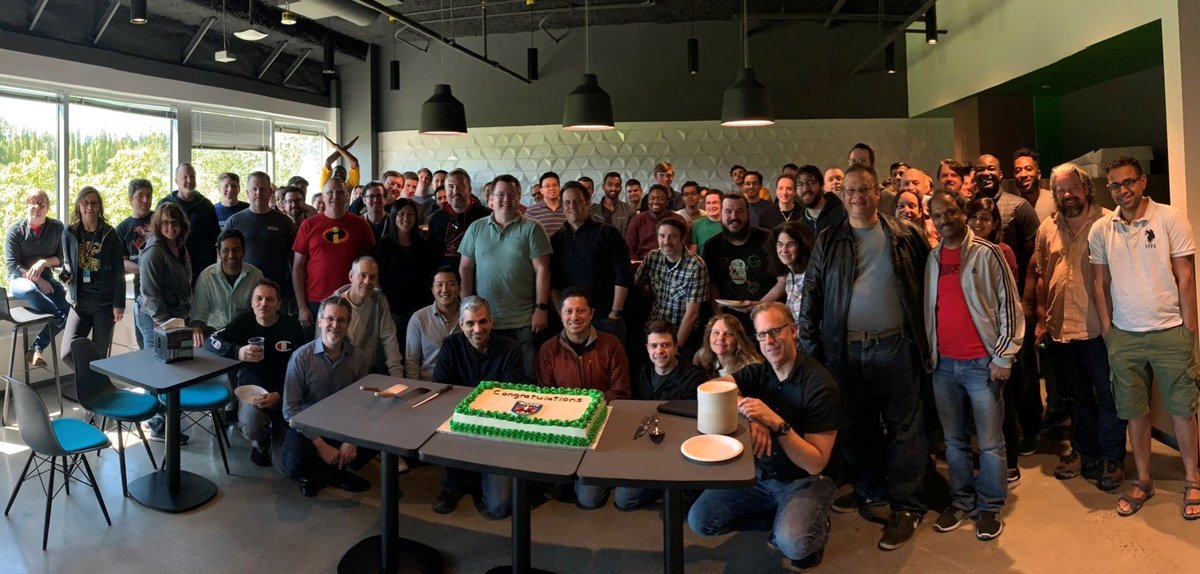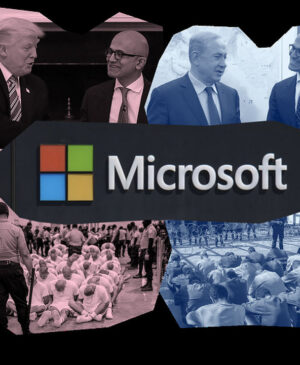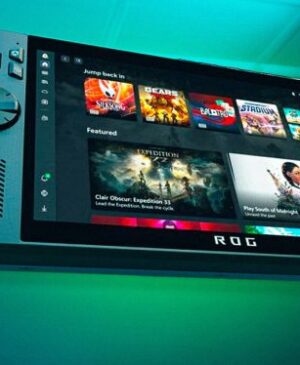Microsoft‘s streaming service isn’t as close to its launch as a competitor (namely, the Google Stadia), but the Redmond-based company is working hard as well.
The company previously revealed this service, and Phil Spencer, the head of Xbox, is strongly committed to making its public testing launch by the end of 2019. However, they have a few more hurdles to jump before it can happen. They recently jumped one, though: „Congrats to Project xCloud team for completing their takehome release. Excited to get feedback from our internal teams ahead of public trials later this year,” Spencer wrote on Twitter.
With this streaming service, the company’s goal is to deliver high-quality gaming experience, but at the lowest possible bit-rate, while keeping latency at a minimum with better video encoding and decoding. In other words: they want to achieve an experience that doesn’t need a powerful Internet connection and isn’t lagging like hell. On paper. (Spencer previously said that the xCloud will not hit the same level as a desktop PC or an Xbox One. It’s reasonable, as it’s impossible at the moment.)
„[…] We know we must make it easy for developers to bring their content to Project xCloud. Developers of the more than 3,000 games available on Xbox One today, and those building the thousands that are coming in the future will be able to deploy and dramatically scale access to their games across all devices on Project xCloud with no additional work.
Scaling and building out Project xCloud is a multi-year journey for us. We’ll begin public trials in 2019 so we can learn and scale with different volumes and locations. Our focus is on delivering an amazing added experience to existing Xbox players and on empowering developers to scale to hundreds of millions of new players across devices. Our goal with Project xCloud is to deliver a quality experience for all gamers on all devices that are consistent with the speed and high-fidelity gamers experience and expect on their PCs and consoles,” Microsoft wrote.
So, keep an eye on Project xCloud as well at the end of 2019.
Source: WCCFTech

















Leave a Reply